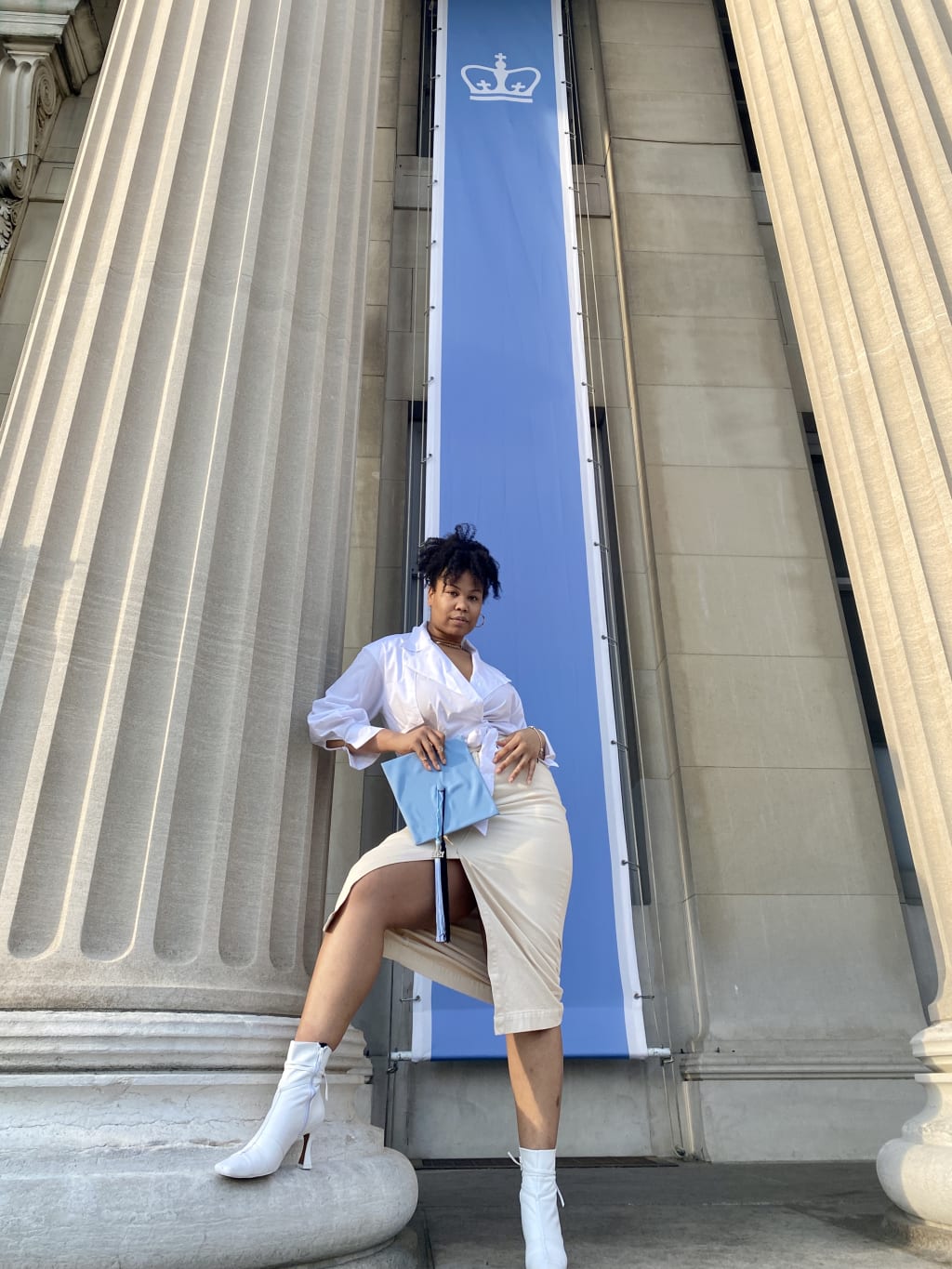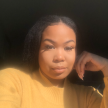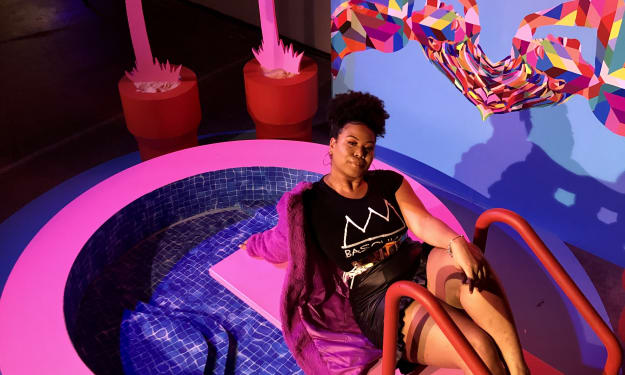Blackademic Blues
Tales from the outskirts of academia

“I think she’s… I think she’s looking for sympathy?” I said to myself, furrowing my brow and squinting my eyes at the screen dumbfounded by the virtual spectacle my classmate was making in our Zoom classroom. Surely, this couldn’t be an Ivy League graduate student near tears, sympathy mongering from her Black classmates after they expressed their fear of living under another Trump presidency during a discussion about the past election season. She couldn’t seriously be equating merely having to read her family’s racist Facebook posts and not knowing what to respond with the actual racism that I and other Black students in the class experience. Right?
Alas, that’s exactly what was happening. I felt like I had left my class and reality and entered a twilight zone because an alternative universe was the only way I could rationalize and comprehend the hypocrisy I was witnessing in real time. Was anybody going to say anything? Should I? Why should I? Did she realize what she’s doing? Did anyone else? It didn’t seem like it. After she sang her white woman swan song, she was met with sympathy, empathy even, from many people in the class, many of whom turned their cameras off when the Black folks were sharing their grievances. I couldn’t believe my eyes nor my ears. Not only was I raging behind my own screen, for how could we have spent the weeks prior to this class discussing racism, anti racism, and decentering whiteness being necessary for change to find ourselves coddling a white woman who couldn’t bring herself to press the block button on her family’s social media pages, but this also triggered a dissonance and discomfort that still hasn’t left me even though I’ve long graduated. Was this the academia I had wanted so badly to be a part of before? Was it an unspoken rule for me to deprioritize myself and all the needs, ideas and goals I came with whenever I was inconvenient to the majority? I was wholly uninterested in playing by this rule, then.
When at the height of the pandemic and a class lecture centered on middle school football as opposed to the plague that was disproportionately affecting my community and I told my professor “I feel like it’s inappropriate to be having this conversation, considering the world at large,” I could feel the rolled eyes. Or, when a classmate said local Black community members “wouldn’t understand” research and I spoke about how that was a racist and egregious assumption, I could see the disengagement. I didn’t want to be that Black woman, a know-it-all who makes everything about race but that was the role I settled into and the more comfortable I became with it, the more I disassociated with my classmates and the academic process.
When I decided to pursue my Master’s of Public Health degree, I did so with the hopes of joining a community of scholars who were working to improve the health and wellness of the nation and world. I thought my knack for using theory and social systems to analyze the world would be celebrated and useful, or even just commonplace but when I found myself discussing how the rise of telehealth mechanisms would require systems that check the bias and internalized racism of the creators and was met with “well there will just have to be bias because most of science is already biased, it is the way it is” I knew I was out of place. I knew my expectations exceeded my reality. And it wasn’t imposter syndrome. I knew I belonged there, in theory at least, I knew my ideas and goals were valid but I realized and re-realized with each occurrence like this that I (and many of my Black peers) were outsiders. The way we thought, the experiences we had, our “why’s” were wildly different from our predominantly white classmates and that made it very difficult to truly be in community and collaboration the way I had hoped for.
What's worse is that I tried. I tried to be more “realisitic” like they’ll tell you when you write a 30 page thesis explaining in detail why reparations for slavery are the ultimate public health intervention. I tried to be more “open” to my classmates’ experiences even when they were closed to mine and wanted me to debate my right to exist. I tried to “fit in” by joining an organization(that I eventually left) that aimed at helping the community, though they were inconsistent in the same way they criticized article authors for their inconsistencies in class. I tried. When I had the opportunity to lean into my oddities and share my unabridged thoughts about my experience through a digital storytelling project, I rejoiced. “I can finally stop feeling like such an outsider” I remember describing my excitement to a friend. Unbeknownst to me “creatively describe your public health experience or goals using video and audio” didn’t necessarily mean a spoken word piece airing my disenchantment with my schooling thus far. Though I was praised for the cinematography of my project, I still didn’t feel like the discomfort that led to its creation was seen or valued. I was still the outsider.
For the duration of my program, I didn’t have to question whether these feelings of otherness were because I’m Black, they were. They were also because I’m poor and woman and first-generation and everything else that historically wouldn’t exist in academia. Which, in a distorted way, was comforting. I knew my mere existence in the institution was going against the grain and instead of the discomfort of being the outsider paralyzing me, it made me unapologetic, blunt, and unwavering. As for advice on overcoming these feelings, I have none. I still feel like an outsider to academia and probably always will until the entirety of the institution undergoes deep systemic change. What I’ve learned though, is to speak my truth even when I’m the only voice in the room that sounds like mine regardless of who’ll turn their cameras off or who isn’t listening; to never assimilate or make myself smaller, to show up whole and let whoever can’t take me, choke; and to take my oddities where they’ll be valued and not institutionally swept under a rug.
I know I'm not the only Blackademic who's been alienated by an institution that can't truly house the expansiveness of our experience. To my fellow aliens out there I say: find home within yourself, love and protect it fiercely, and invade, invade, invade until you can find the same home in the institutions we pour our brilliance into.
About the Creator
Olivia Brown
Essayist, poet, afrofuturist sci fi lover.
oliviajbrown.com
Enjoyed the story? Support the Creator.
Subscribe for free to receive all their stories in your feed. You could also pledge your support or give them a one-off tip, letting them know you appreciate their work.






Comments
There are no comments for this story
Be the first to respond and start the conversation.